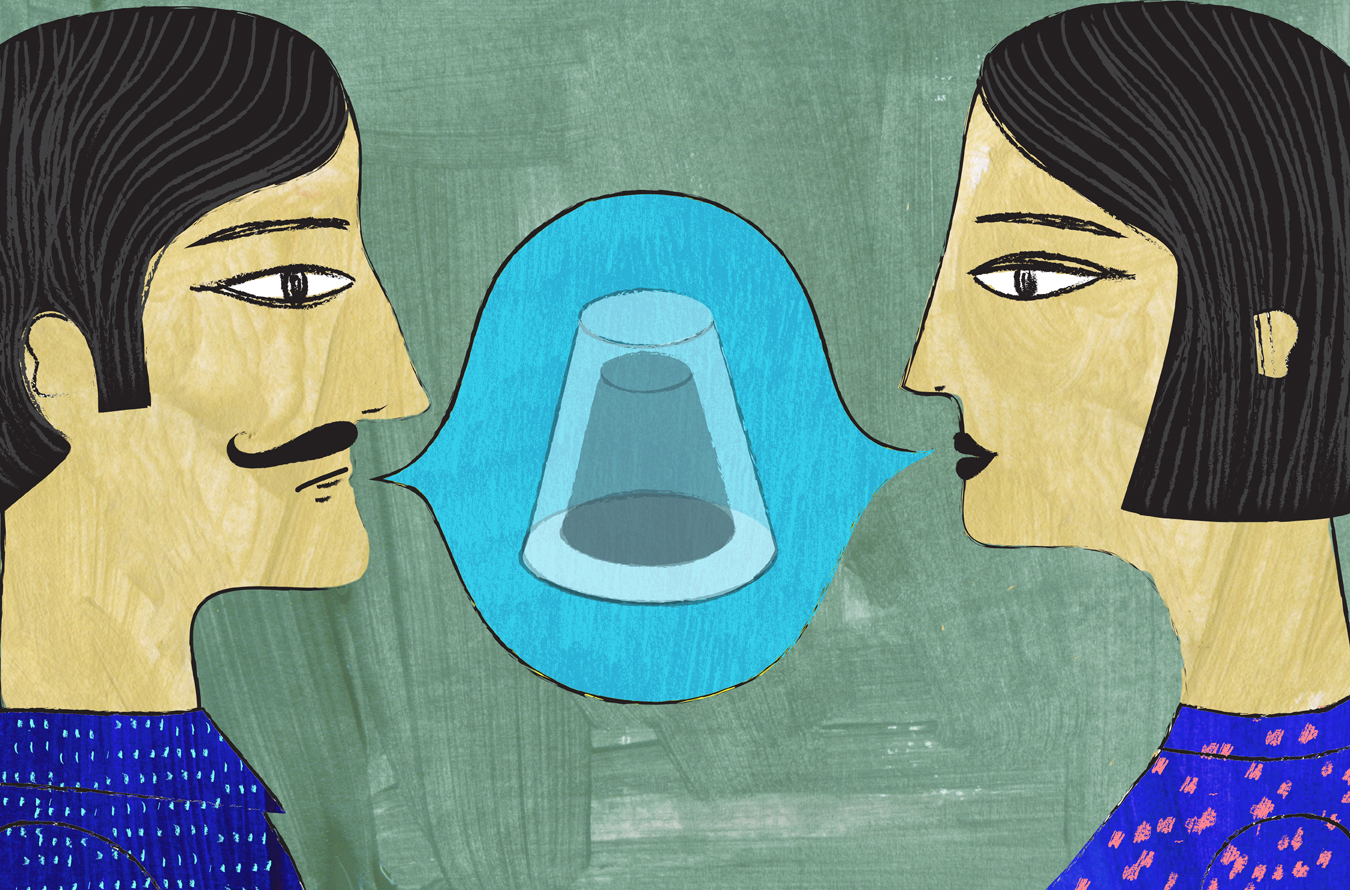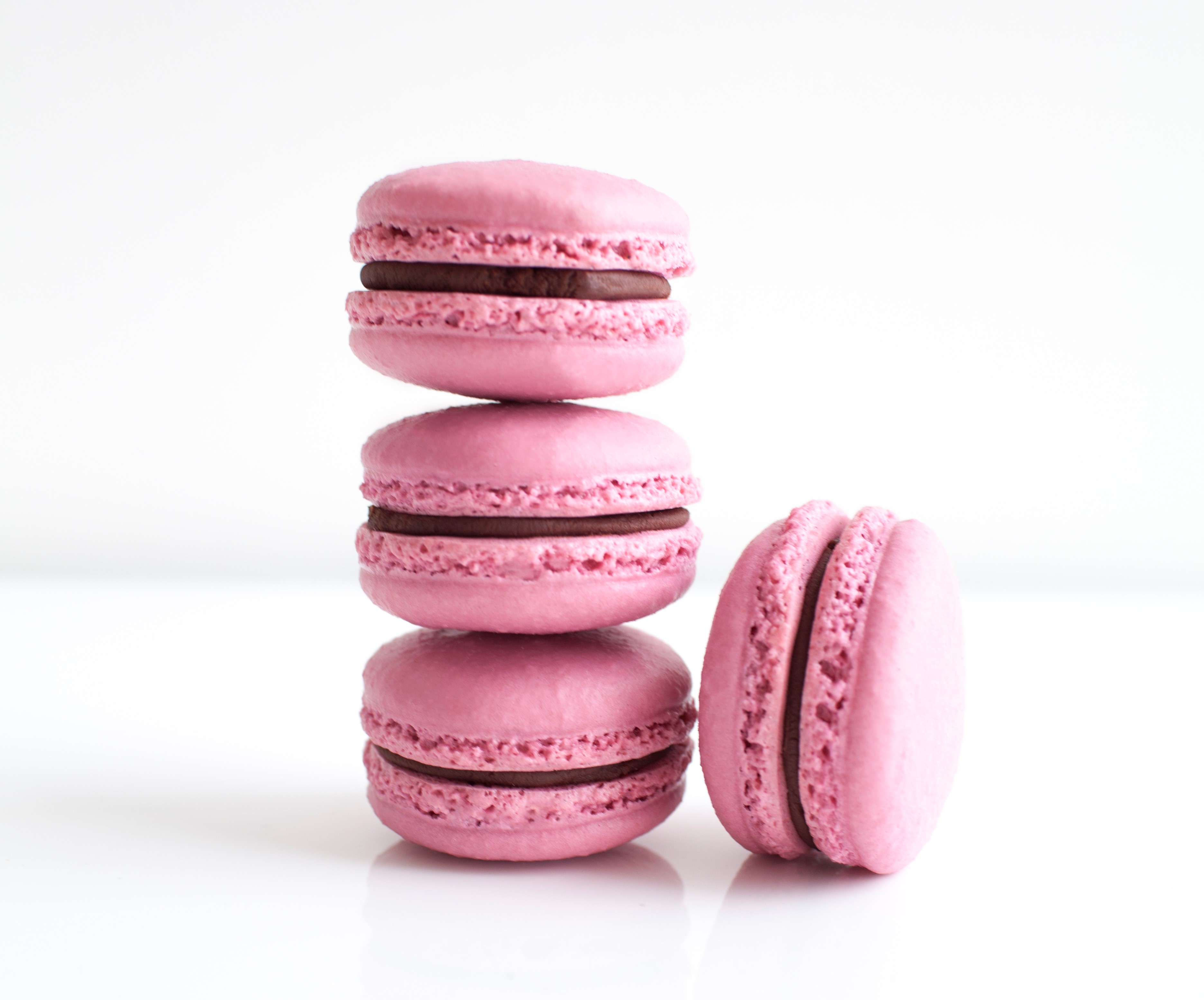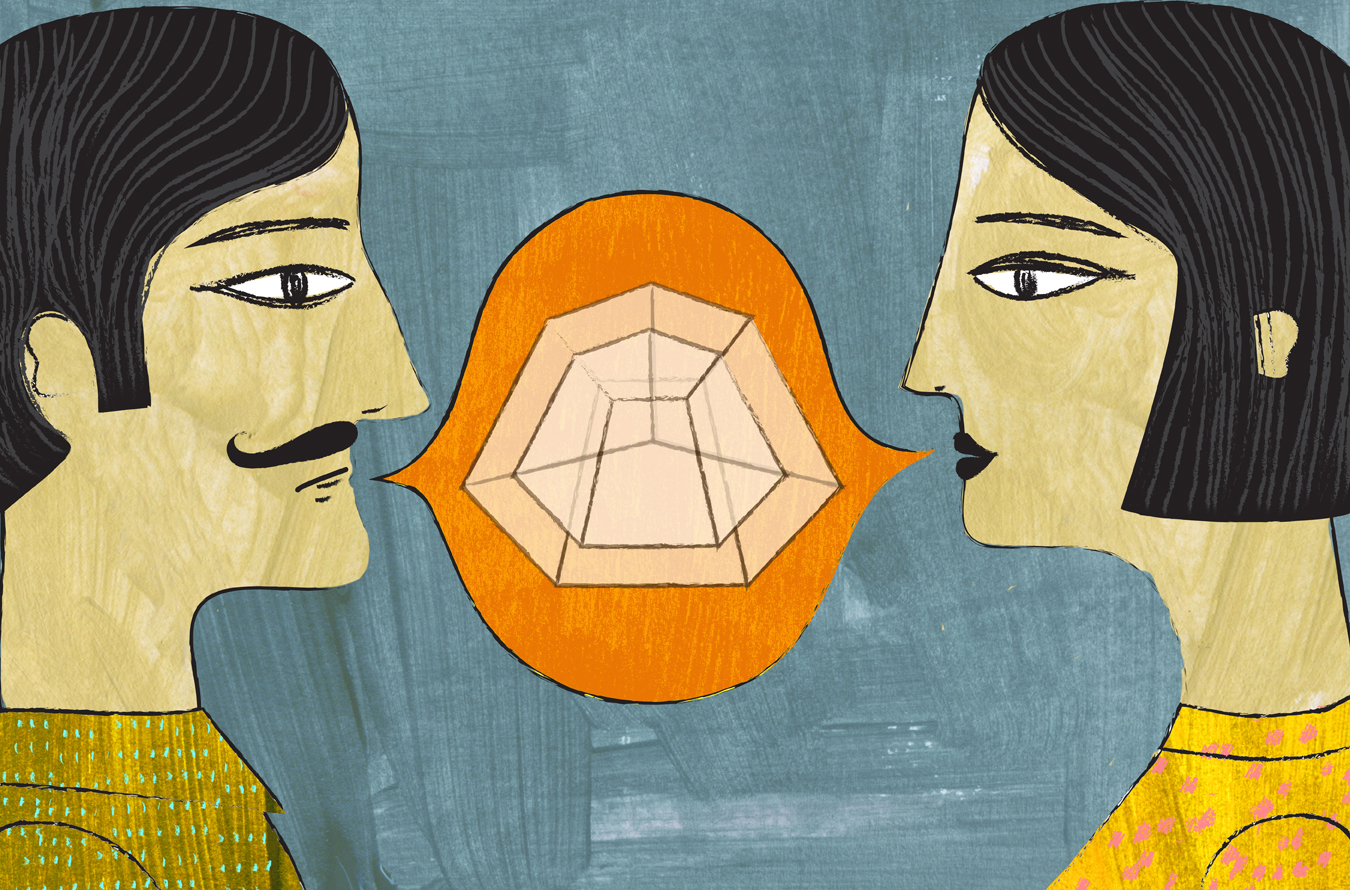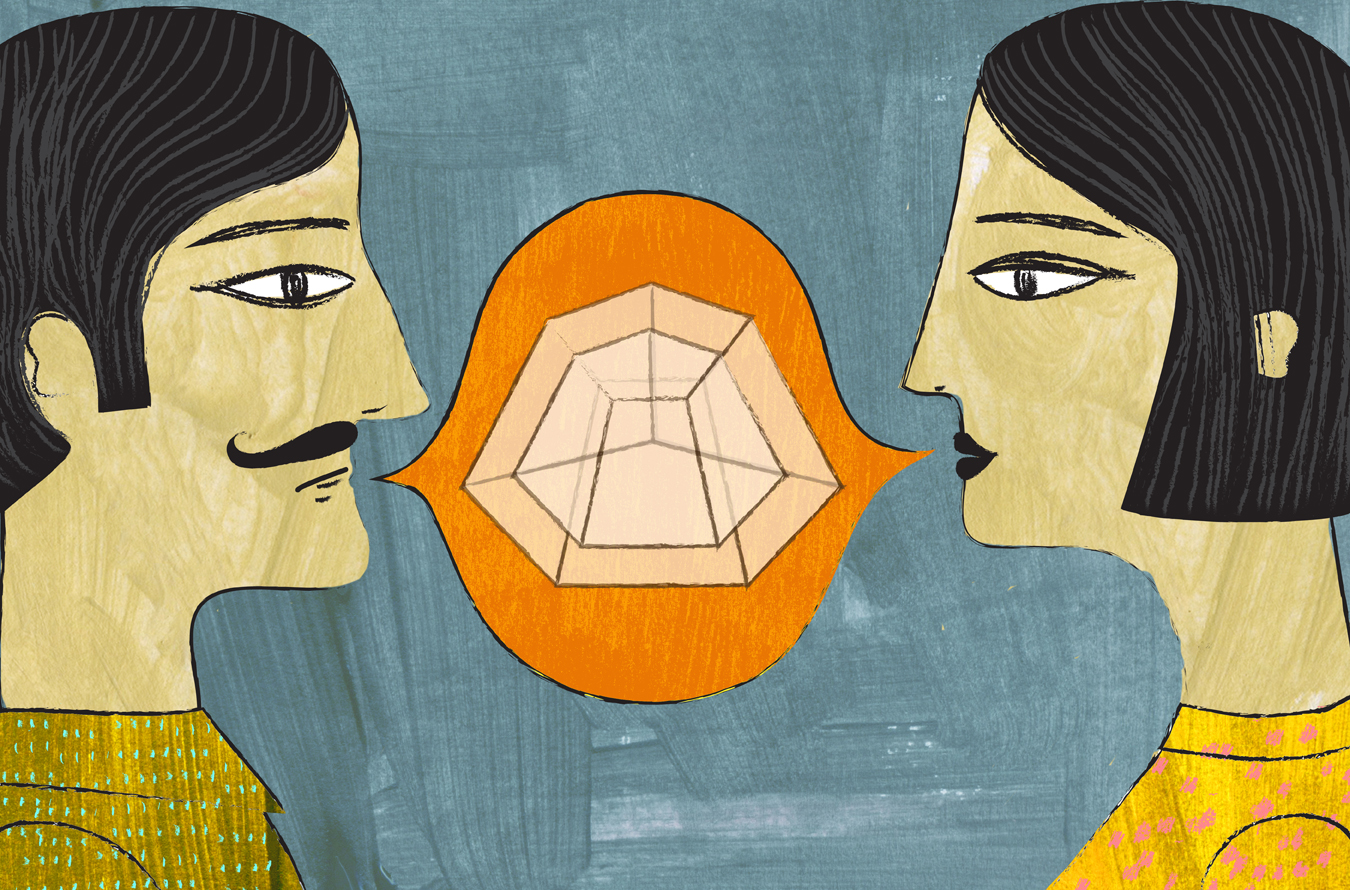Conversation Piece, January 28, 2018
A weekly series.

Enjoy our Sunday series, Conversation Piece, a NUVO–curated digest of things on the Internet we think you’ll want to talk about.
But, why? Human neurology and history influences the foods we seek out and avoid—there’s a science behind why we crave salt and hate mold. So, can the science of the mind help us figure out why the heck people are obsessed with Tide detergent pods as a gastronomic experience? For Atlas Obscura, a neuroanthropologist dissects the qualities that make Tide pods appealing, despite the fact that they are definitely inedible. Read it, here.
Here one minute. For a Buzzfeed series on class, money, and the ways the impact lives and relationships, Jaimie Seaton pens a personal essay on her experience abruptly losing her wealth and the lifestyle she cherished upon a mid-life divorce—and the subsequent class slide that jarred her the most. For a tale of two very different financial realities, read here.
Worth fighting for. “Every culture has the consumer good they’re willing to fight over in public,” writes The Cut’s Katie Van Syckle. “…In France, apparently, all it takes for grocery stores to devolve into mayhem is 70 per cent discounts on jars of Nutella.” Indeed, what is best described as “all hell” broke loose this Thursday when Nutella went on sale in the Northern French town of Ostricourt—police were called, there were bruises, there was blood. Read more, here.
The bitter truth. Perhaps next time you’re preparing to slug someone over hazelnut spread, stop and consider that a diet high in sugar and carbohydrates can be bad for more than just your waistline. The Atlantic’s Olga Khazan writes that it’s increasingly looking like Alzheimer’s is another potential side effect of a sugary, Western-style diet—in fact, it seems that the higher one’s blood sugar, the faster one’s cognitive decline. Read more about the connection, here.
_________
Never miss a story. Sign up for NUVO’s weekly newsletter.







